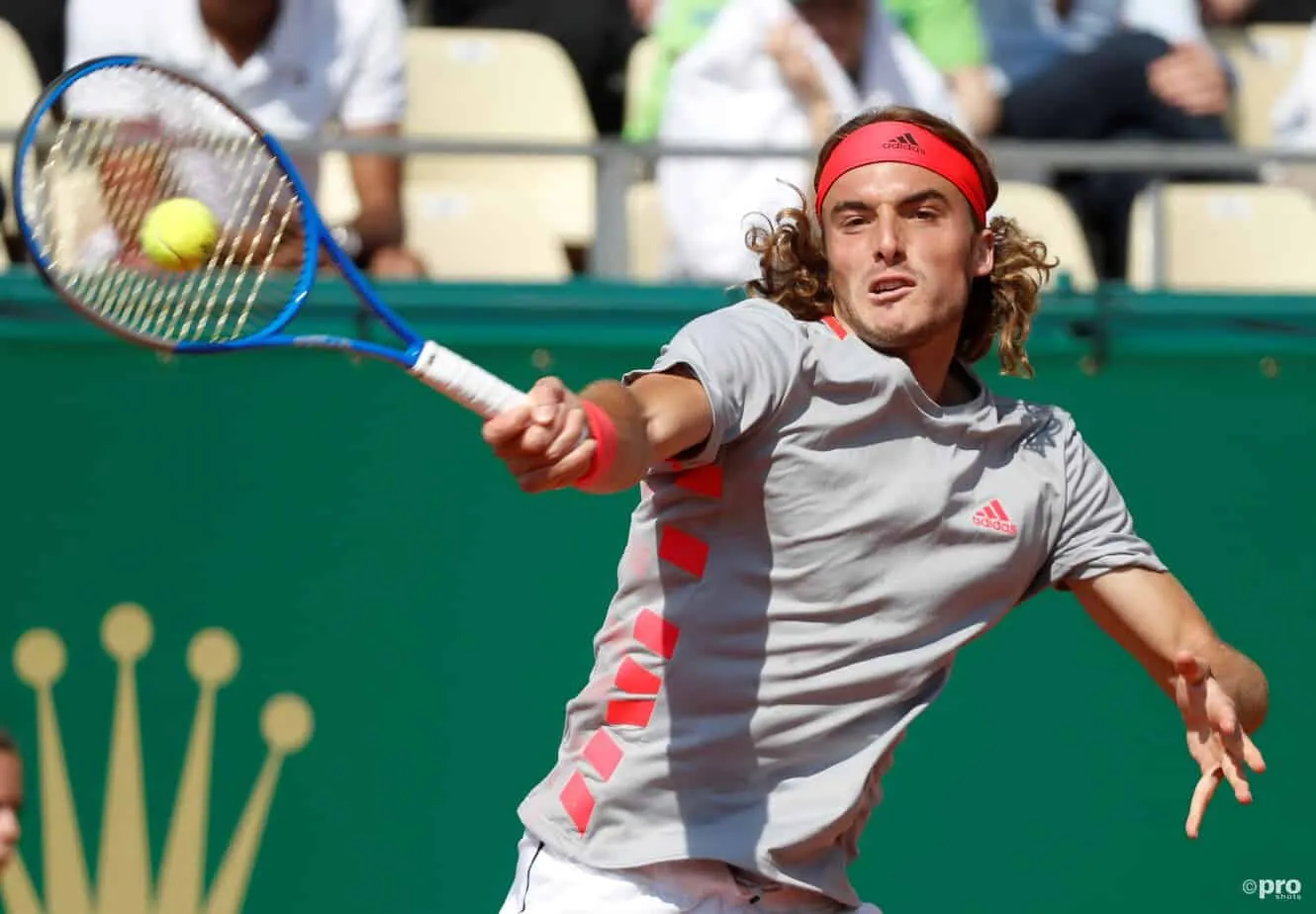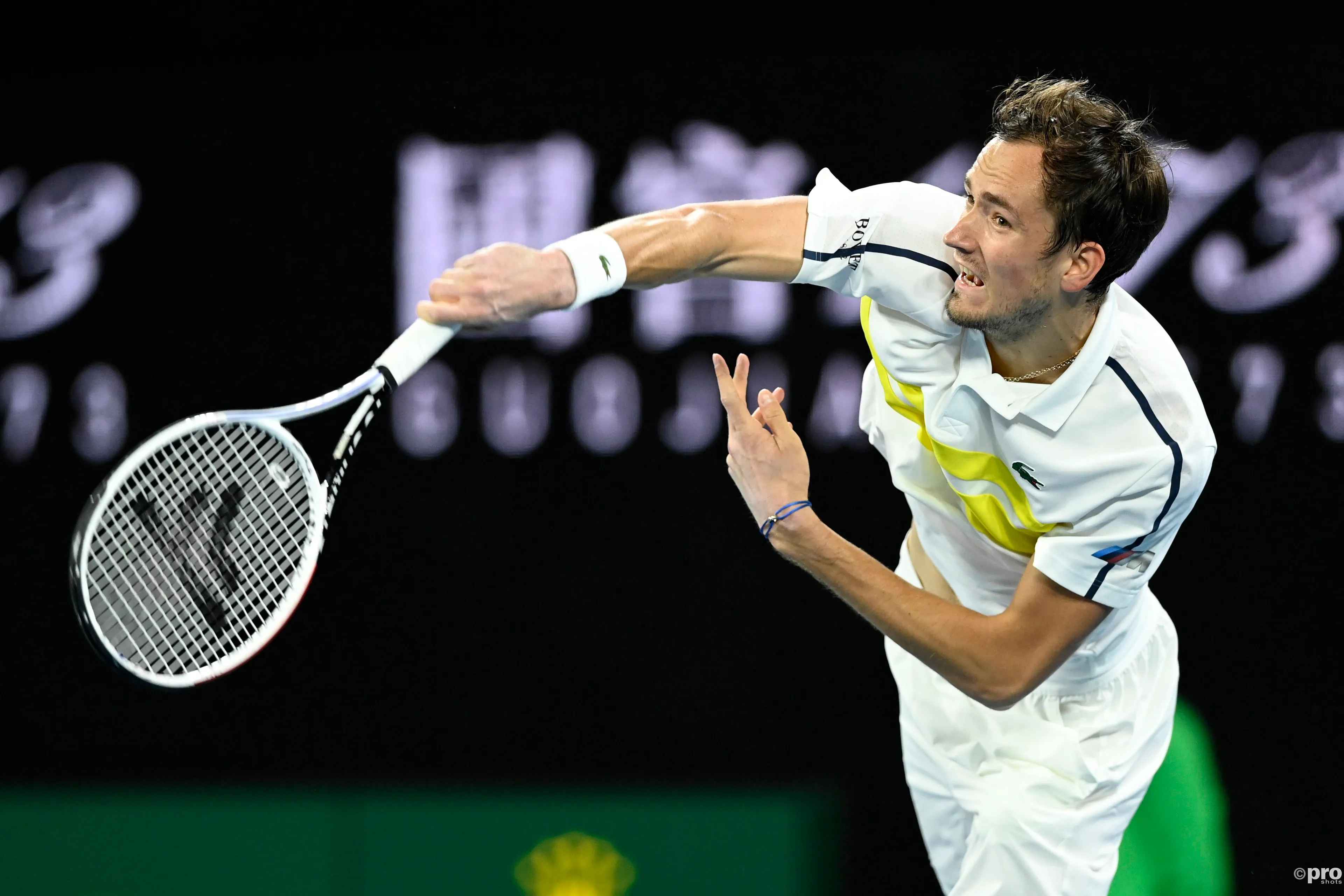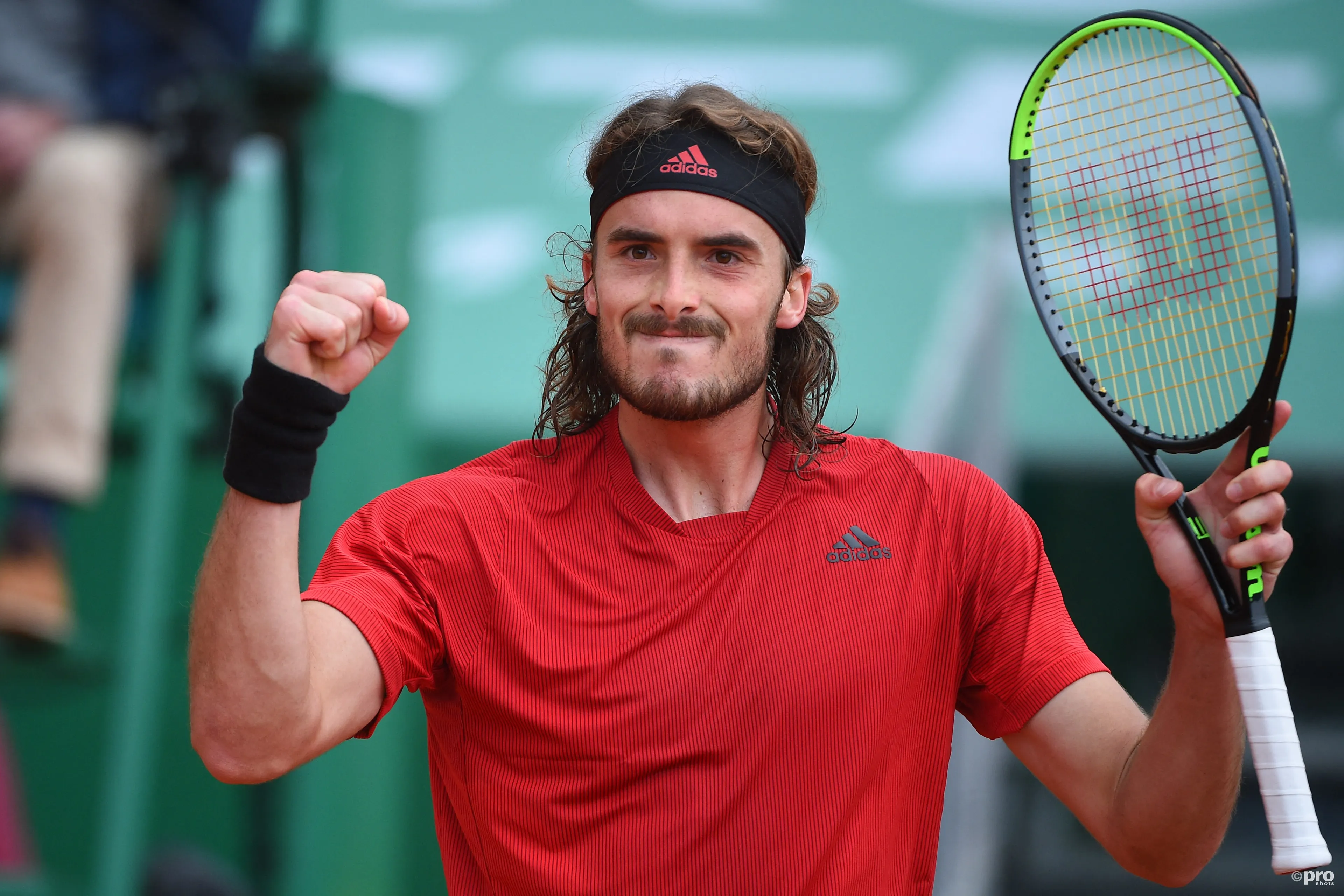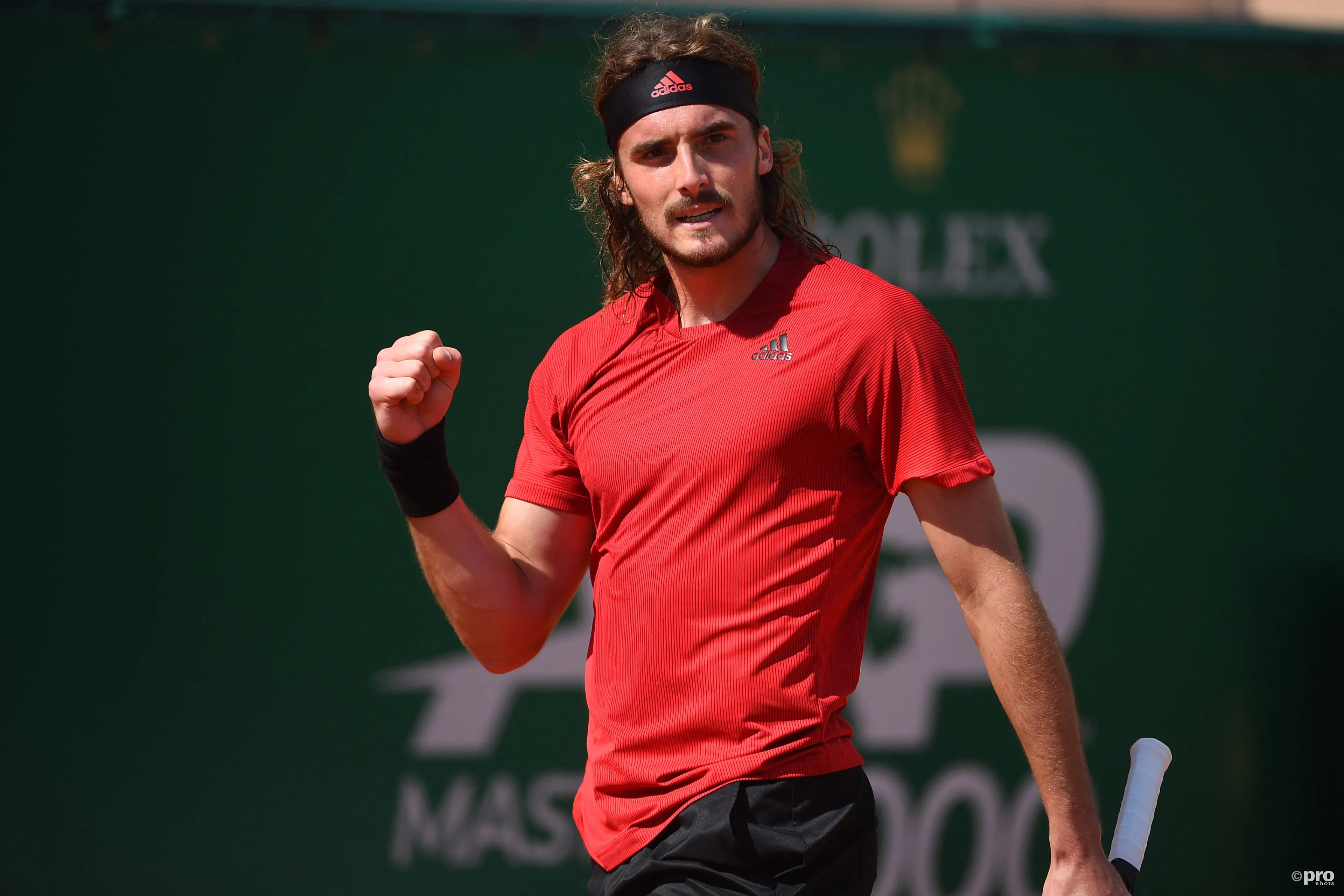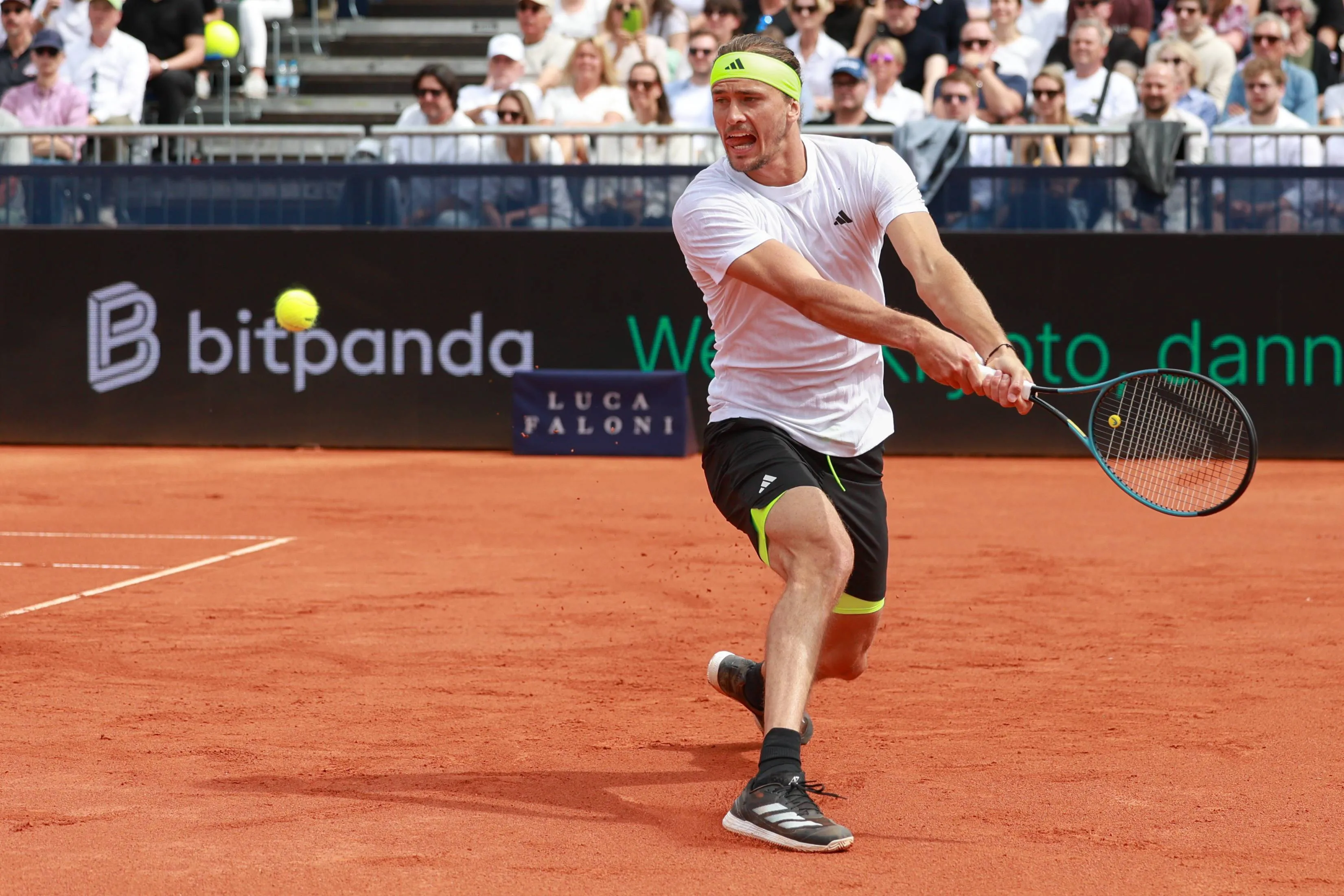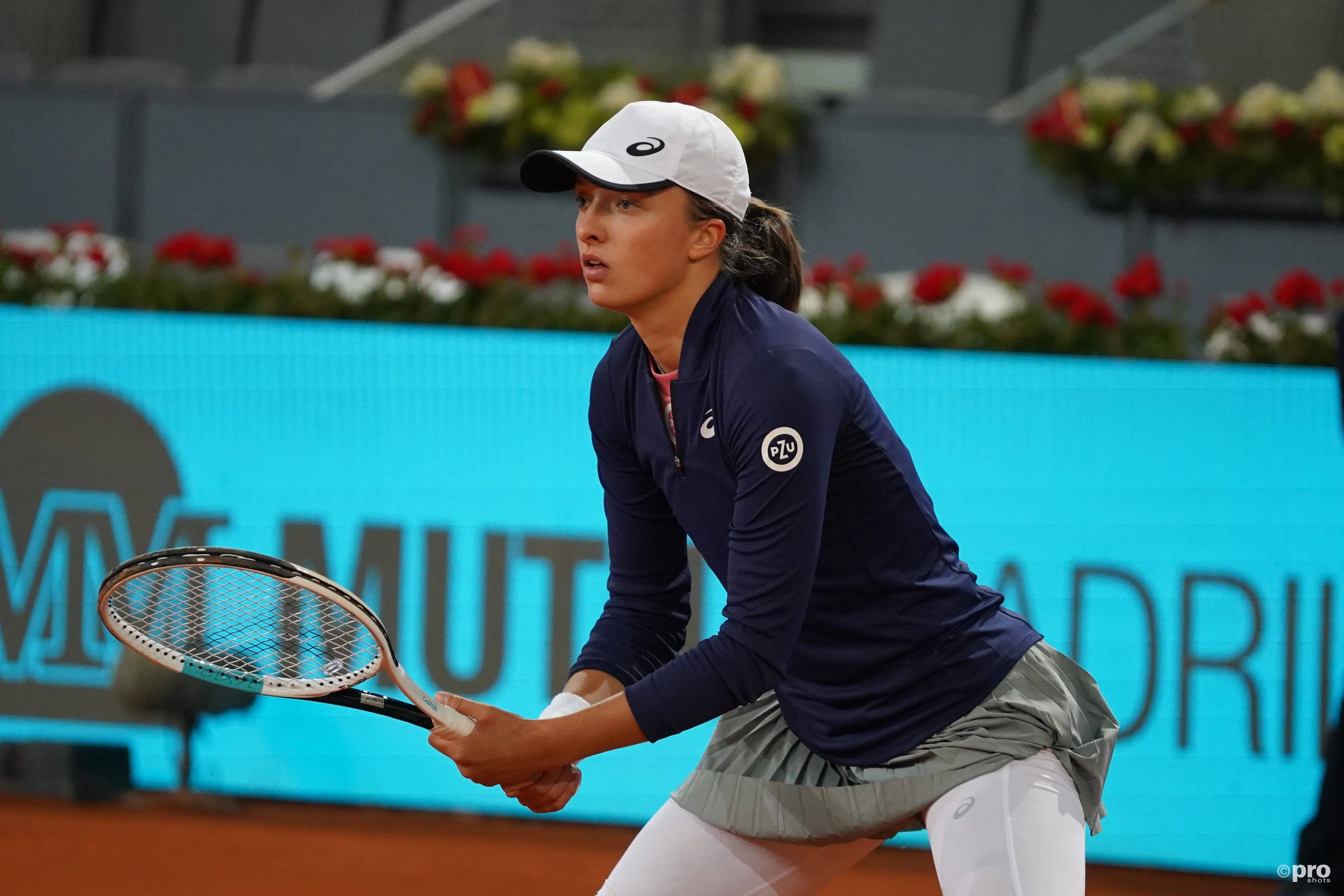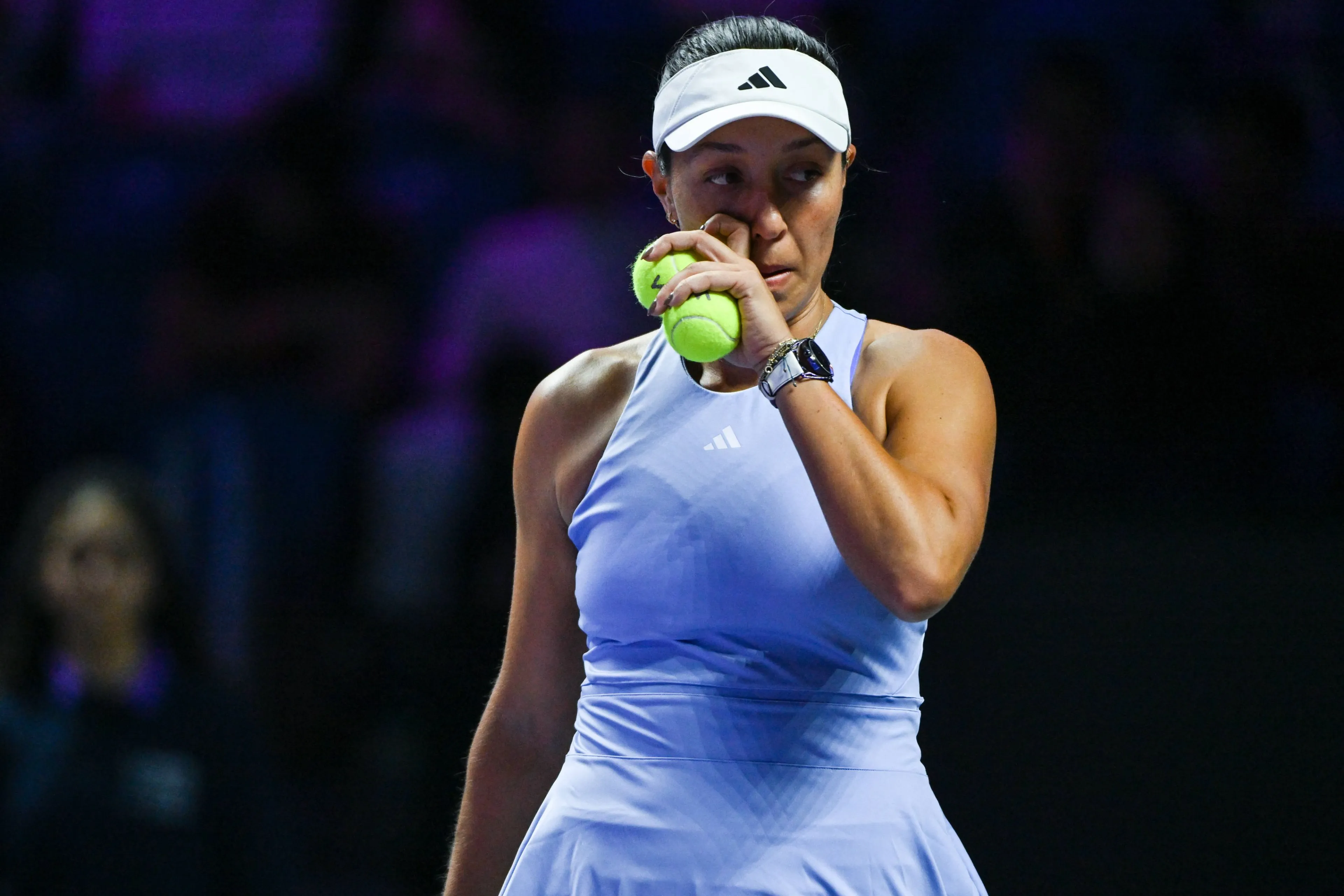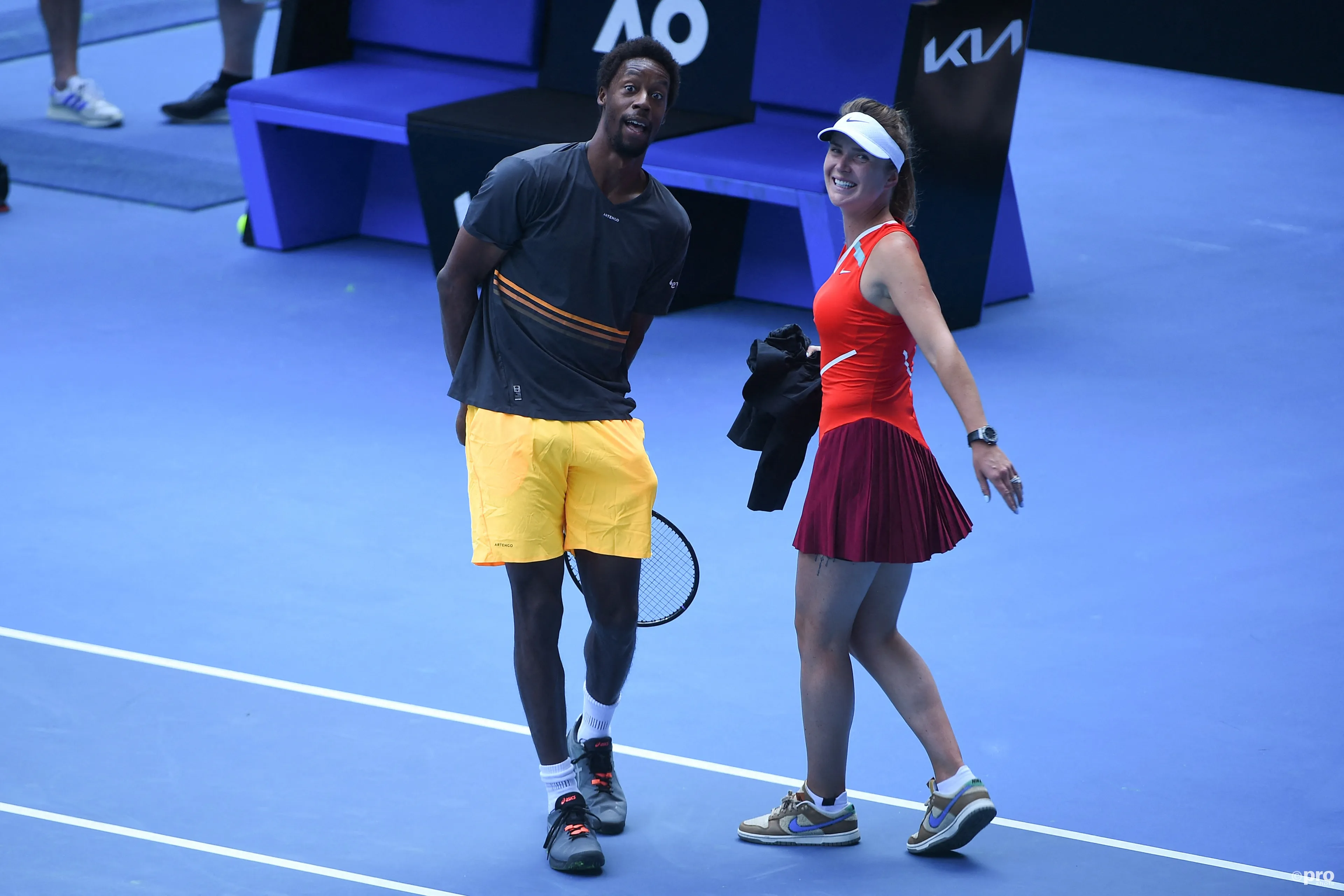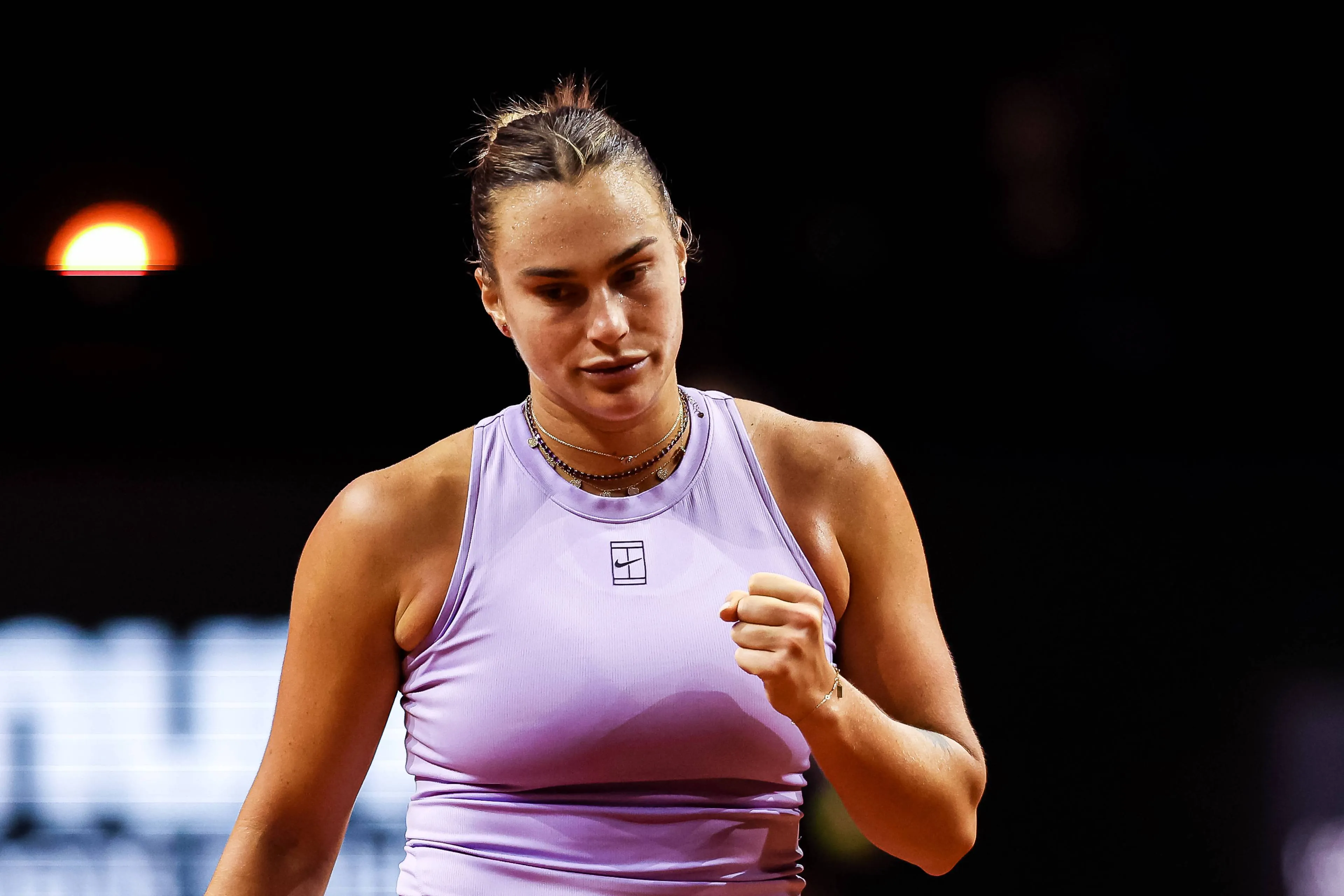COLUMN: How Stefanos Tsitsipas became the biggest threat to Djokovic, Federer and Nadal
ATPSunday, 23 May 2021 at 10:30
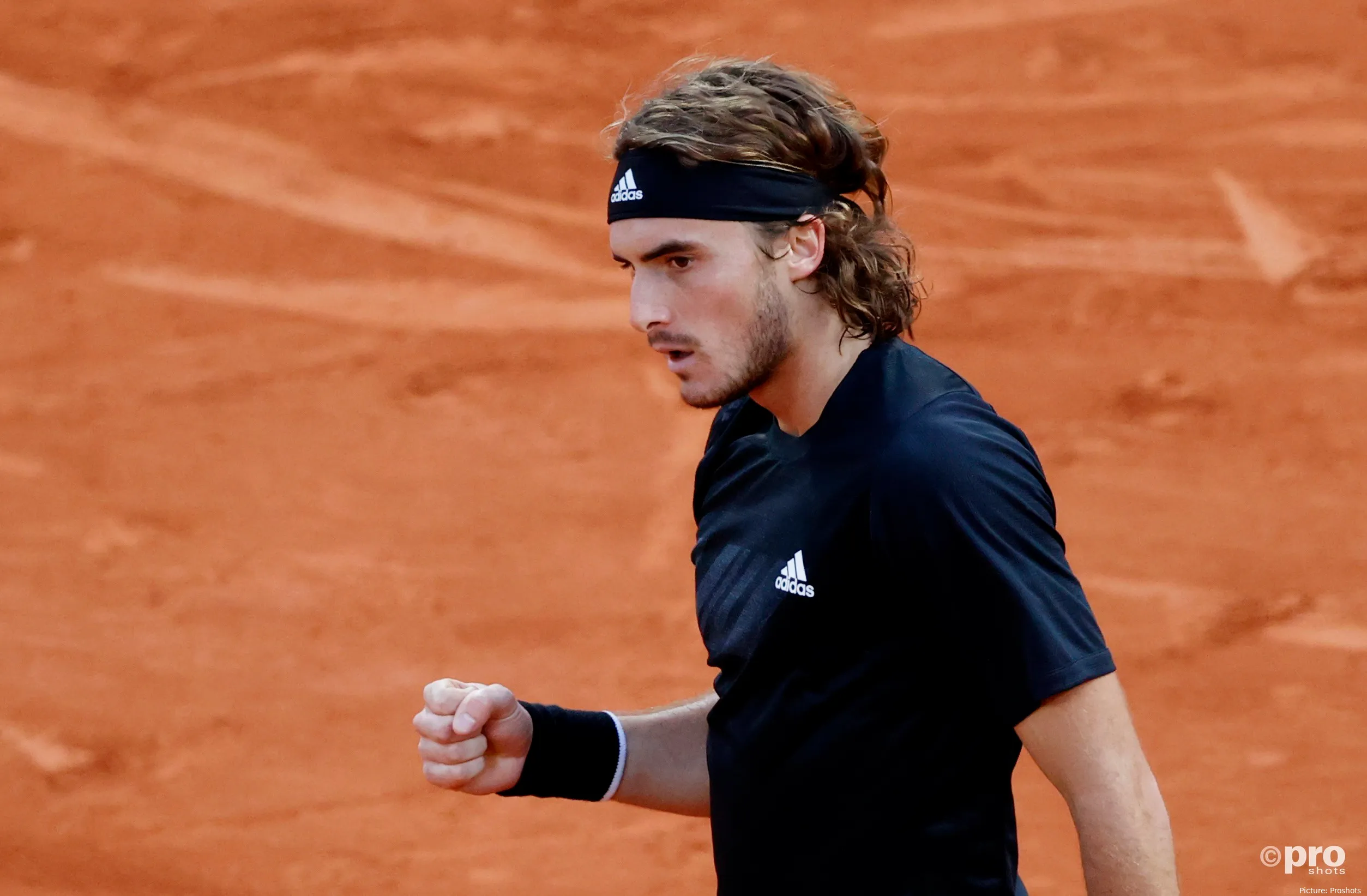
Stefanos Tsitsipas is enjoying his best season yet and it's not by chance as the Greek has been maturing over several years to become the biggest challenger to Nadal, Federer and Djokovic.
Stefanos Tsitsipas has been described with many different words. Most of them have been derogatory. Despite that, they were true. Words like that concisely and truthfully described Stefanos Tsitsipas, at least him from March of 2018 when he had his famous incident with Daniil Medvedev.
Anybody who remotely follows tennis knows about that incident and what caused it. A certain ‘Bullsh*t Russian’ phrase used towards Medvedev disregarding his own Russian heritage. The fight that almost ensued afterwards, was caused by a kid who rashly behaved because things did not go his way.
Brad Gilbert is a name that should be known to keen tennis fans as he worked with tennis legends such as Andre Agassi and Andy Roddick. He has a signature phrase that he often likes to use despite it being a world-famous cliched. He liked to say that we learn more from defeats than victories and many share that philosophy. Gilbert knows what he is talking about because in his career he worked with several players that had ego issues.
After all, it takes a lot of courage to look yourself in the mirror admitting your failure. It takes focus to understand what each defeat means for yourself and it’s especially hard to draw a fair conclusion. Tsitsipas was full of himself, for a long time. It’s often the case with very talented players who became professionals at a young age. Most of them are used to perfection ever since they were juniors. It is rather well known that Tsitsipas never took defeats well. His antics and theatrics in the juniors are known.
Read also
Storming off the court in anger, hiding from his parents after losses. One such prominent hiding episode involved a parking lot and laying below a car. Remembering that Stefanos said:
“I was so ashamed. I did not want to face them, or anyone else.”
His demeanour on the court was oftentimes cocky. His father Apostolos also contributed to the negative image of Stefanos early on. No man in the history of tennis received more ‘coaching warning’ than Apostolos. Some of that behaviour might have been acceptable or at least excusable during his childhood but not at the pro level. There were rarely any repercussions as results were there thanks to his immense talent.
But in 2018, all changed. At that moment when he said those words, he probably realized that things like this won’t be tolerated at the pro level. You are either going to adapt to your surroundings or you are out of the game.
A tennis hybrid
“Hard defeats are important for my career because they force me to return ever better.” These words were spoken by Stefanos after the most crushing defeat of his career until then.
“Without them, I would feel like I’m perfect, which I’m not. That defeat, in the semifinal, was painful.” The defeat was the 2019 Australian Open semifinal loss to Nadal. Only two days later he returned to training. In his own words, he is searching for perfection.
Nobody knows the difficulty of that search better than Novak Djokovic. He was 20 years old when he won his first Grand Slam but at his next 11 Grand Slam, he failed to replicate it. He achieved ‘only’ 3 semifinals and one final with several early exists as well. He was ‘only’ the 3rd best player in the world and many believed that would be his peak. Of course, comparing them is not fair, but it’s a good analogy for putting things into perspective.
Today, the 22-year old Greek has drops in his game, his focus and confidence. All of that is normal and common for a young player but even at his young age, he has accumulated a vast Grand Slam experience. His first Grand Slam semifinal came at the 2019 Australian Open. He defeated Roger Federer in the quarterfinal but his performance in the semifinal was not good. He lost the 3rd set with 6-0.
His next semifinal did not have a bagel in it. He faced Djokovic at the Roland Garros and after losing the first two sets he came back to force a decider one. He did collapse in it mentally losing easily but progress was visible. That dropoff never came in his next big match. Once again he found himself down 2-0 to Nadal at the Australian Open but this time around he completed the comeback without a drop in focus. He did get crushed by Medvedev in the semifinal but that is a very bad matchup for him. Once again the progress was visible.
Read also
Of course, he should not have squandered 6 MP’s against Coric at the US Open, but even after that, he managed to reset properly reaching the French Open semifinal only 3 weeks later. Not long ago, he lost a ‘won’ match against Hurkacz only to smack everyone en route to his first ATP Masters 1000 title.
All in all, Tsitsipas resets fast. That is very important in highly competitive sports such as tennis. He is a top 10 player for two years already recently climbing back to his career-high ranking of 5. He is currently leading the ATP Race to the ATP Finals. The key moment of the career is incoming as the next two years will define him. He will either become all-time great or only great.
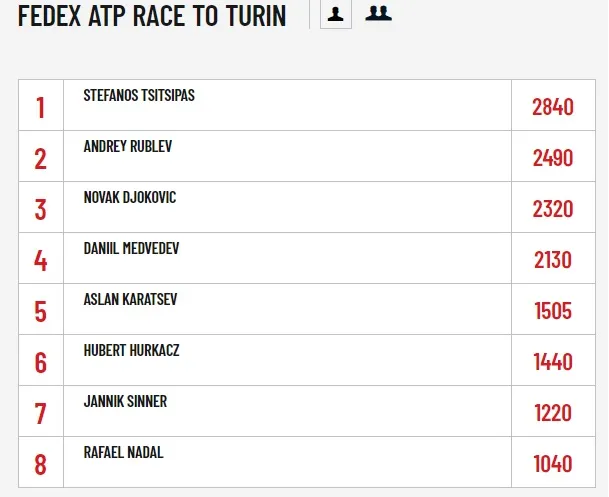
Today he is far away from the kid who did not want to fight when things did not go his way. He is far away from cursing out players simply because they put in more effort than he did. He developed somewhat of a warrior mentality proving very ruthless at the moment when things seemingly fall apart. His reputation is such that even Medvedev admitted to feeling nervous after a mini-surge by Tsitsipas in their Australian Open match.
All of that makes him somewhat of a hybrid tennis player. He is a warrior who will brute-force his way to a win if he needs to. He also feels a deep need to play a beautiful brand of tennis. Playing aesthetically pleasing is what prompted him to stick with a one-handed backhand. That shot forced him to adopt a pragmatic nature to his game which developed one of the best forehands on the court.
Read also
“When you compete as a kid, at age 11-12, you are not strong.” Those are the words of the man that shaped him. His father Apostolos commented on his one-handed backhand in that way explaining that the difficulty of the shot forced Stefanos to create points with his forehand.
“He built point with his forehand all the time, which was somewhat good for his development."
Don’t be fooled by Apostolos, the man knows tennis. He became a tennis coach at age 23 honing his craft by travelling with his wife Julia. She is a former tennis player who ranked in the top 200 at her peak. That sport runs deep in the family proved her father (his grandfather) who won a gold medal at the 1956 Olympics representing the Soviet Union.
Read also
Stefanos was the first of four kids and the future of the family oftentimes closely depended on his results. His career was mostly financed by Julia’s sister and without her, his career would have probably never taken off. Tennis was nonexistent in Greece and there was no funding from the institutions.
His family was deeply affected by the economic crisis. Speaking on that Stefanos said: “Cousins were unemployed. Father’s brothers and sister did not work. Nobody made any money.”
He started going to events abroad at age 12 together with his father. His father still coaches him and since 2018 they also worked with Patrick Mouratoglou. Tsitsipas has an apartment within the Academy complex in the outskirts of Antibes. Since starting to work with Mouratoglou he made great progress with his 2nd serve. It became much more aggressive which benefited him greatly.
Read also
Most of his titles have come on hard but he is a very good clay player. His one-handed backhand is most vulnerable on the return. Because clay slows down serves it allows him to position himself for the forehand instead. That allows him to assert himself as the dictating player in the rally. That was the key aspect that allowed him to crush Rublev in the Monte-Carlo Masters final.
After that title run, he added another final run in Barcelona leading Nadal twice in that match. Possible fatigue might have cost him another trophy that day. It was his 2nd defeat in a row at an ATP 500 event. That title somehow evades him to this day.
Read also
Out of all players, he seems like the biggest threat to Djokovic and Nadal at the moment. Nowadays he is a respectable player. He and Medvedev get along well and only his father tends to be irritating now and then. He annoys Stefanos sometimes as well.
“Maybe I will stay in my room for 3 days” was his cynical comment when asked about the ATP CUP incident when he accidentally smacked his father. Outspoken as always, he even admitted that his parents sometimes interfere too much with his life. Maybe it’s his way of telling them he is no longer the scared boy his father once saved from drowning. What he is telling everyone is that he does not fear defeat, not anymore.
As he likes to say often:
“Ever tried. Ever failed. No matter. Try again. Fail again. Fail better.” (Original quote by Samuel Beckett)
claps 3visitors 2
Just In
Popular News
Latest Comments
- Keep avoiding anti-Social Media, do your best to ignore loser sports writer's questions, and just do your own thing.
 mandoist24-04-2025
mandoist24-04-2025 - Let's face it, Saba is not the sharpest tool in the tool shed. Her sarcasm / passive agressive nonsense has always been annoying. Granted, attempting humor in another language is tough but she truly sucks at it.
 mandoist24-04-2025
mandoist24-04-2025 - Well, that was ... all about nothing. Every excuse and future workout plan mentioned should have been dealt with a long time ago. R.I.P., Mark Petchey.
 mandoist22-04-2025
mandoist22-04-2025 - I hope Marion Bley is the Chair Ump for the Final. It would be Karma Served for Saba after her disrespectful 'performance' in the semi.
 mandoist21-04-2025
mandoist21-04-2025 - Coco needs to stop the Williams Hero Worship and play like 'Coco'.
 mandoist19-04-2025
mandoist19-04-2025 - Didn't expect issues between these two...SakkariFan2318-04-2025
- Send her a crate of deodorant DoveSakkariFan2318-04-2025
- Good to see, hopefully Sakkari can return to the form she deserves.SakkariFan2318-04-2025
- Shame no play on Friday but some line-up incoming..SakkariFan2318-04-2025
- Zverev's reaction lacked a bit of class this time around. He handled it better in Australia.MrAndreeva18-04-2025
